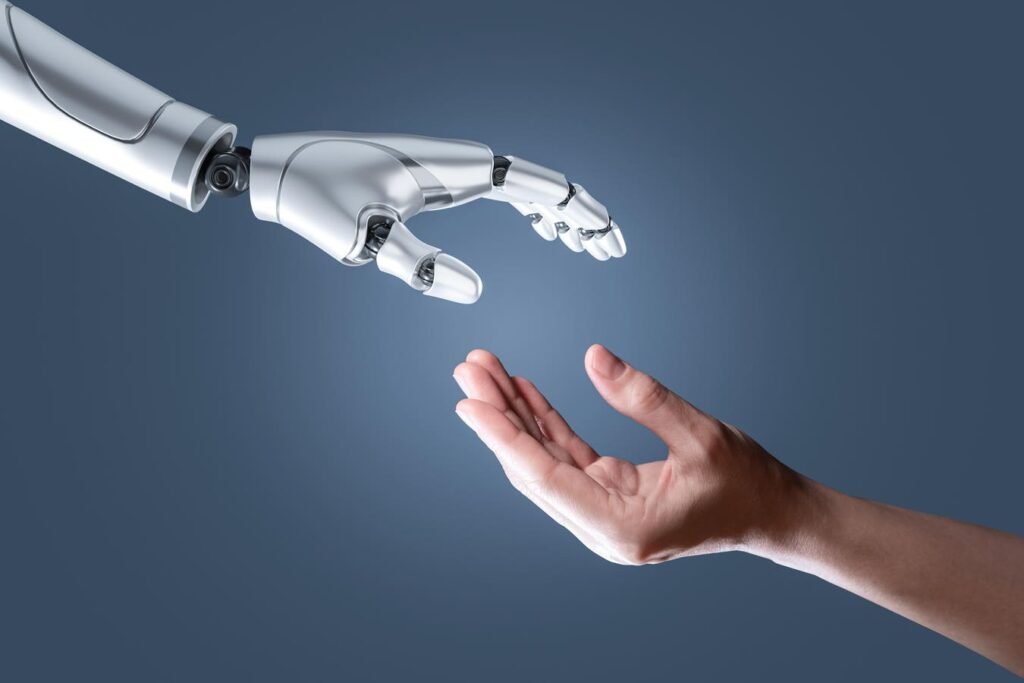Mark Cameron, the CEO of Alyve Consulting in Melbourne, Australia, discusses the increasing impact of AI models on the economy. AI offers opportunities for innovation and efficiency for traditional businesses by streamlining operations, optimizing supply chains, and enhancing customer service. Tasks that once required large teams can now be efficiently managed by AI systems, increasing productivity and accuracy.
As AI takes over mundane tasks, the role of the human workforce is evolving towards value creation. Employees are now more focused on roles that require critical thinking, creativity, and emotional intelligence. This shift towards high-value roles necessitates upskilling and reskilling initiatives to prepare the workforce for the changing demands of an AI-driven economy.
The democratization of AI technology provides a powerful platform for entrepreneurship, allowing entrepreneurs to innovate at a pace and scale previously unimaginable. AI tools reduce barriers to entry, enabling small teams to compete with larger companies. The next generation of successful startups, known as unicorns, are likely to be built by lean teams leveraging AI to scale rapidly and efficiently.
We are currently in an era of “high-velocity disruption” where rapid technological advancements require traditional organizations to adapt quickly or risk becoming obsolete. Building a new business by leveraging AI and innovative technologies is now considered a safe and lucrative route compared to a few years ago when entrepreneurship was deemed riskier.
New AI platforms are spawning businesses of all sizes, providing tools and infrastructure for entrepreneurs to innovate and scale rapidly. This proliferation of AI-driven businesses is expected to accelerate economic growth, create a dynamic innovation ecosystem, and address urgent societal problems. The potential for economic expansion and societal advancement through AI-driven innovation is immense.
Mark Cameron proposes a human-centric framework called “human-kind technology” to help organizations thrive in an AI-driven economy. This framework focuses on flexibility, innovation, and human needs, ensuring that technology enhances human experiences. Practical steps include creating a people-focused narrative, assessing organizational AI maturity, identifying cultural blockers, addressing systemic issues, aligning internal innovators and leadership, implementing an organization-specific education program, and creating a human-kind innovation process. By embracing AI as a tool for innovation and value creation, organizations will be better prepared to adapt to the evolving operating environment.











